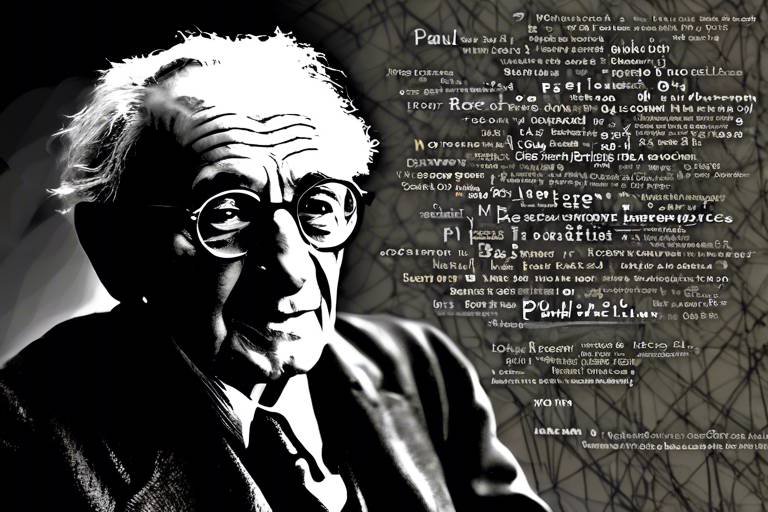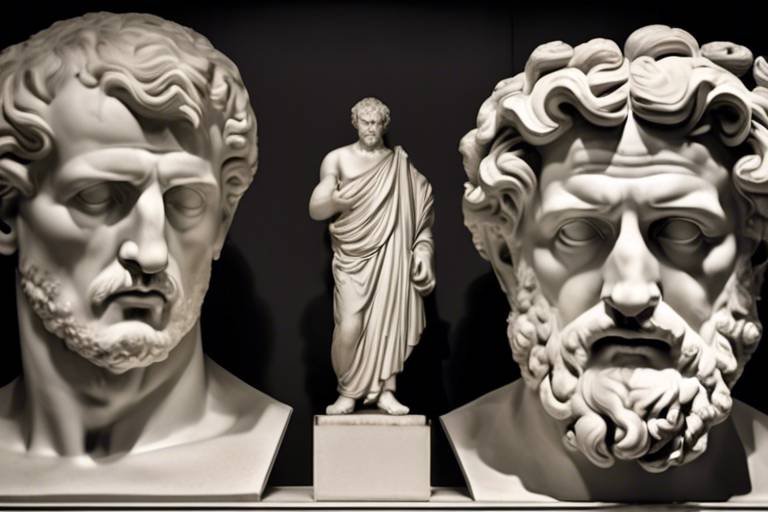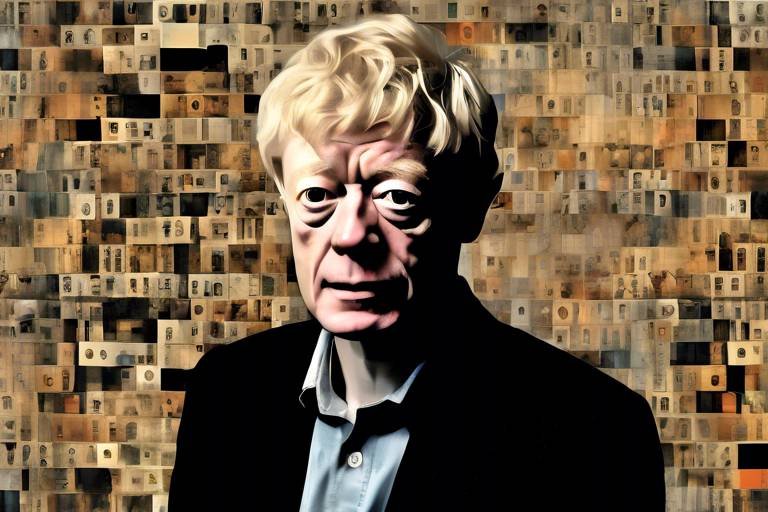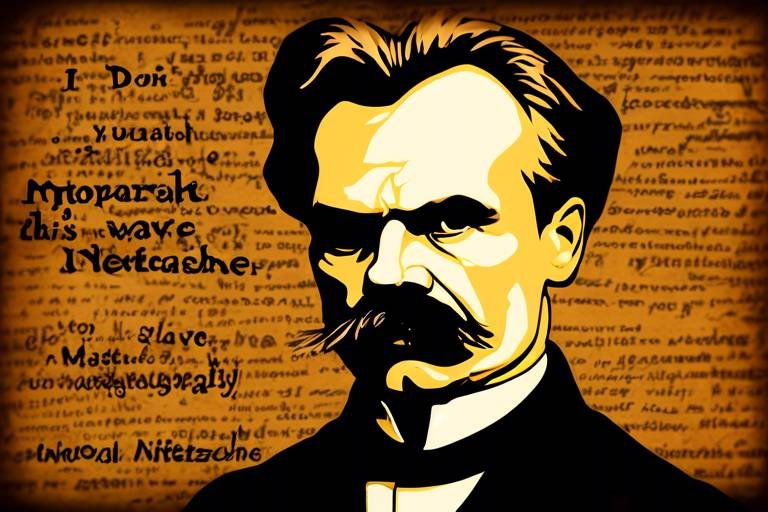Robert Nozick's Work on Libertarianism and the Philosophy of Mind
Robert Nozick is a name that resonates deeply within the realms of libertarian thought and the philosophy of mind. His work not only challenges conventional wisdom but also opens up new avenues for understanding the intricate dance between individual rights and the nature of consciousness. Imagine a world where every person's freedom is paramount, yet intertwined with profound questions about what it means to be a self. Nozick's contributions are not just theoretical musings; they are a call to examine the very foundations of how we perceive our rights, our identities, and our experiences.
Nozick's libertarianism is characterized by a fierce commitment to individual rights and a minimal state. He argues that the role of government should be limited to protecting these rights rather than infringing upon them. This principle stands in stark contrast to alternative political philosophies that advocate for more extensive state intervention. For Nozick, the ideal society is one where individuals can freely pursue their own paths without excessive interference. In his view, the legitimacy of government stems from its ability to safeguard personal freedoms rather than redistribute wealth or enforce social justice. This perspective invites readers to consider essential questions: What are the boundaries of personal freedom? How does government overreach impact individual rights? By laying this groundwork, Nozick sets the stage for a deeper exploration of his philosophical impact.
One of Nozick's most influential works is Anarchy, State, and Utopia, published in 1974. In this groundbreaking book, he articulates his vision of a minimal state and critiques the redistributive justice advocated by thinkers like John Rawls. Nozick's arguments are not only compelling; they are foundational to contemporary political philosophy. He challenges the notion that justice can be achieved through redistribution, arguing instead for a framework that respects individual rights and property ownership. This book is a treasure trove of ideas, showcasing Nozick's sharp intellect and his ability to engage with complex philosophical debates.
At the core of Nozick's libertarian principles is the defense of individual rights. He posits that individuals have the right to control their own lives and property, free from coercion. This notion of self-ownership is paramount; it suggests that each person is the ultimate authority over their own decisions. Nozick's advocacy for a minimal state is rooted in the belief that any government intervention beyond protecting rights is inherently unjust. This perspective raises thought-provoking questions: If we accept that individuals own themselves, what implications does this have for societal structures? How do we balance the rights of individuals with the needs of the community? Nozick's work compels us to grapple with these dilemmas.
Nozick's critique of John Rawls' theory of justice is pivotal in understanding his libertarian stance. While Rawls argues for a system that prioritizes the least advantaged, Nozick counters that such redistributive policies violate individual rights. He asserts that justice should not be defined by the outcomes it produces but rather by the processes that lead to those outcomes. This critique is not merely academic; it has real-world implications for how we think about social justice and fairness. By challenging Rawls, Nozick invites us to reconsider the very definitions of justice and equality.
Central to Nozick's libertarian framework is his Entitlement Theory, which outlines how individuals acquire property rights. This theory consists of three main principles:
- Principle of Justice in Acquisition: This principle addresses how individuals can justly acquire unowned resources.
- Principle of Justice in Transfer: This principle outlines how property can be justly transferred from one person to another.
- Principle of Rectification: This principle deals with how to rectify injustices that have occurred in the past.
Nozick's exploration of consciousness and the self offers profound insights into personal identity. He delves into the question of what it means to be a self, suggesting that our identities are not fixed but rather shaped by our experiences and choices. This perspective intersects intriguingly with his libertarian ideals, as it emphasizes the importance of agency and autonomy in defining who we are. In a world where individual rights are paramount, understanding the self becomes essential. Nozick's work invites us to ponder: What constitutes a meaningful existence? How do our choices reflect our identities?
One of Nozick's most famous thought experiments is the Experience Machine, which challenges our understanding of happiness and reality. Imagine a machine that could provide you with any experience you desire, making you feel as though you are living your dreams. Would you plug in? Nozick argues that most people would choose not to, suggesting that we value reality and authenticity over mere pleasure. This thought experiment is significant in debates about hedonism and fulfillment, prompting readers to reflect on the nature of happiness and the importance of genuine experiences.
Nozick's thoughts on the Experience Machine also raise critical questions about personal identity. If we prioritize pleasure above all else, what does that mean for our understanding of a meaningful life? The implications are profound: a life centered solely on pleasure may lack the depth and richness that comes from authentic experiences. Nozick challenges us to think about what it means to live a life that is fulfilling in ways that go beyond mere hedonism.
Despite his influential ideas, Nozick's theories have faced various critiques. Critics argue that his libertarian stance may overlook the complexities of social justice and the role of community in individual well-being. However, Nozick's responses often highlight the importance of individual rights and the dangers of state intervention. He maintains that a society built on respect for personal freedom ultimately leads to a more just and equitable world. This ongoing dialogue between critics and proponents of Nozick's work enriches the philosophical landscape, inviting further exploration of these vital issues.
- What is Robert Nozick known for? Nozick is primarily known for his contributions to libertarian philosophy, particularly in his book Anarchy, State, and Utopia.
- How does Nozick's libertarianism differ from Rawls' theory of justice? Nozick's libertarianism emphasizes individual rights and minimal state intervention, while Rawls advocates for redistributive justice to benefit the least advantaged.
- What is the Experience Machine thought experiment? The Experience Machine is a thought experiment that questions whether individuals would choose a life of simulated pleasure over authentic experiences.
- What is the Entitlement Theory? The Entitlement Theory is Nozick's framework for understanding property rights, consisting of principles related to acquisition, transfer, and rectification of injustices.
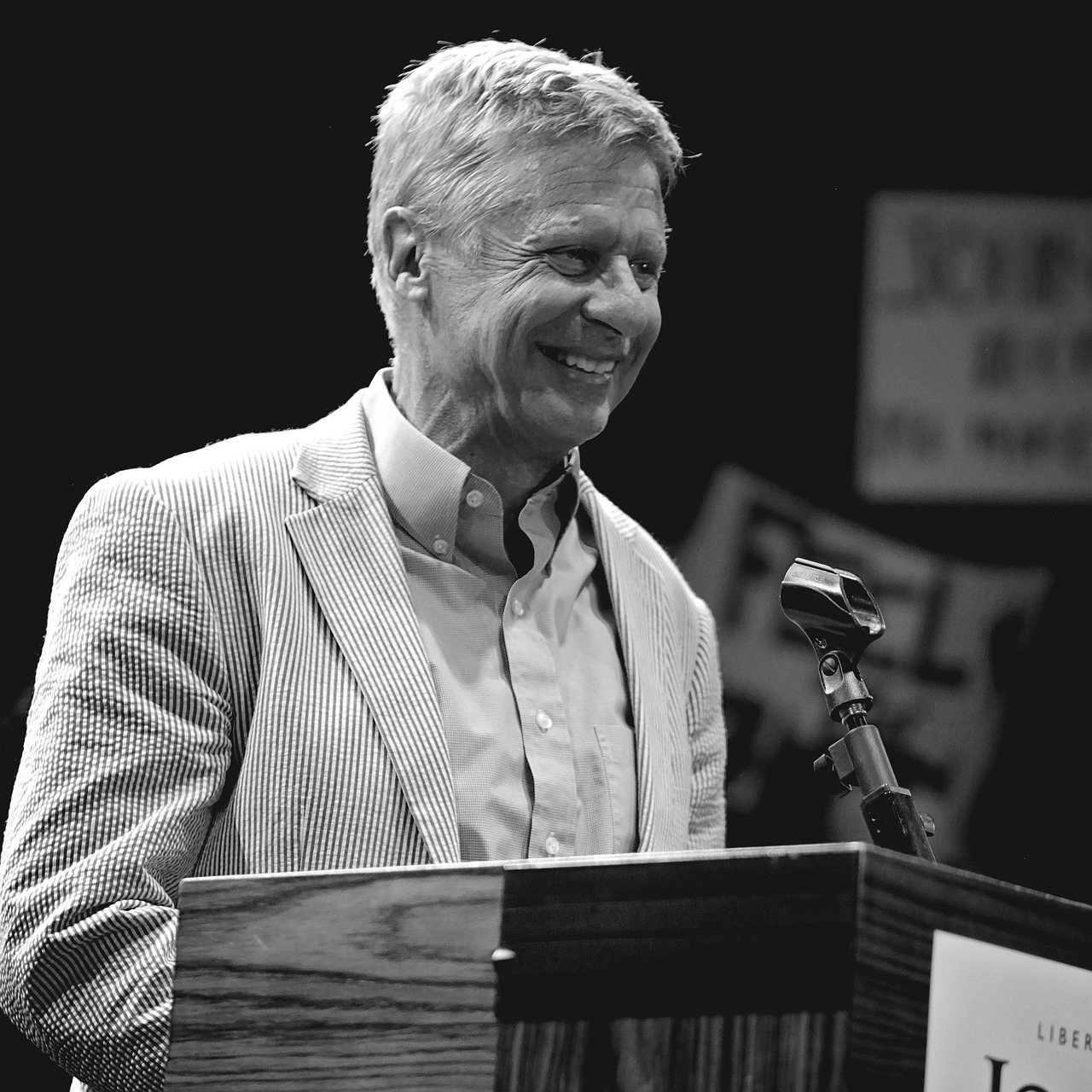
Overview of Nozick's Libertarianism
Robert Nozick’s libertarianism is a fascinating tapestry woven with threads of individual rights, minimal state intervention, and a robust defense of personal freedom. At its core, Nozick’s philosophy champions the idea that individuals possess inherent rights that must be respected by others, especially by the state. This perspective stands in stark contrast to more collectivist ideologies that prioritize the needs of the community over the rights of the individual. Nozick argued that the state should only exist to protect these rights and should refrain from interfering in the personal lives of citizens, thus creating a political framework that is not only unique but also deeply compelling.
One of the most significant aspects of Nozick's libertarianism is his emphasis on the concept of self-ownership. He posited that individuals own themselves and, as a result, have the right to make decisions regarding their own lives and bodies. This principle leads to the conclusion that any form of forced redistribution of wealth is inherently unjust, as it violates the rights of individuals to control the fruits of their labor. Nozick's ideas resonate with many who believe that personal freedom is paramount and that individuals should have the autonomy to pursue their own happiness without unwarranted interference.
In contrast to other political philosophies, such as John Rawls' theory of justice, which advocates for a more egalitarian distribution of resources, Nozick's approach is rooted in a historical understanding of justice. He introduced the concept of the "entitlement theory," which asserts that individuals are entitled to their holdings as long as they were acquired justly, whether through original acquisition or voluntary transfer. This perspective challenges the validity of redistributive policies, as they often rely on the assumption that current distributions are unjust, which Nozick vehemently contests.
Moreover, Nozick's libertarianism is not merely a theoretical construct; it has practical implications for how societies should be structured. He envisioned a minimal state, one that exists solely to protect individual rights, enforce contracts, and provide for national defense. This vision raises important questions about the role of government in our lives: Should it be a protector or a provider? Nozick's clear stance is that government should be a guardian of freedom, not a paternalistic overseer.
The implications of Nozick's libertarianism extend beyond politics into the realm of ethics and morality. By advocating for a system where individuals are free to make their own choices, Nozick invites us to consider the moral weight of our actions and their impact on others. He challenges us to reflect on the nature of justice and the ethical implications of our societal structures. In a world where the balance between individual rights and collective responsibility is often debated, Nozick's ideas provide a thought-provoking perspective that continues to influence discussions in political philosophy today.
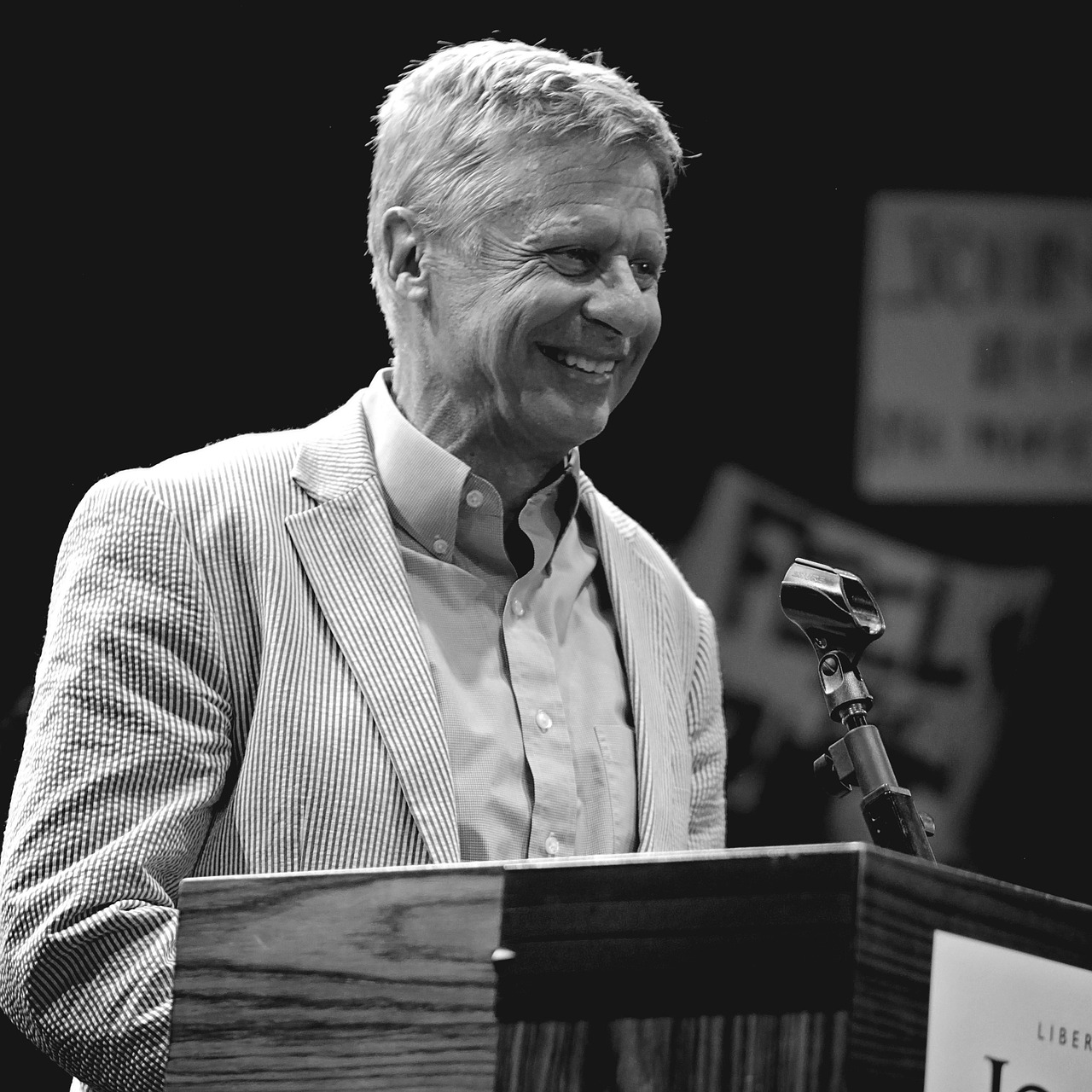
Key Works and Contributions
Robert Nozick, a towering figure in the realm of political philosophy, is perhaps best known for his groundbreaking book, Anarchy, State, and Utopia, published in 1974. This work not only solidified his position as a leading libertarian thinker but also sparked intense debates that continue to resonate in philosophical circles today. In this book, Nozick articulates a compelling argument for a minimal state, one that exists solely to protect individual rights without overstepping into the realm of redistributive justice. His clear and persuasive writing style makes complex ideas accessible, allowing readers to grasp the essence of libertarianism with ease.
Nozick's critique of redistributive justice is particularly noteworthy. He argues that any attempt to redistribute wealth infringes upon individual rights, viewing such actions as a violation of personal freedom. This line of reasoning positions him in stark contrast to John Rawls, whose theory of justice advocates for the redistribution of resources to ensure fairness and equality. Nozick's libertarian philosophy, therefore, emphasizes the sanctity of personal property and the idea that individuals should have the freedom to acquire and use their resources as they see fit, as long as they do not infringe upon the rights of others.
Another significant contribution from Nozick is his Entitlement Theory, which he outlines in Anarchy, State, and Utopia. This theory posits that individuals are entitled to their holdings as long as they were acquired justly, through either original acquisition or voluntary transfer. This framework provides a robust defense of property rights and challenges the notion that wealth should be redistributed to achieve social justice. Nozick’s arguments are not merely theoretical; they invite readers to reflect on the practical implications of ownership and the moral considerations surrounding wealth distribution.
In addition to his political philosophy, Nozick's exploration of the philosophy of mind is equally influential. His work delves into the nature of consciousness and personal identity, posing thought-provoking questions about what it means to be a self. His ideas intersect with libertarianism, particularly in how we understand agency and autonomy. For Nozick, the ability to make choices and pursue one's own conception of the good life is fundamental to human existence.
Overall, Nozick's key works and contributions have left an indelible mark on both libertarian thought and the philosophy of mind. His ability to engage with complex topics while remaining accessible to a broader audience is a testament to his skill as a philosopher. Through his writings, he challenges us to reconsider our assumptions about justice, rights, and the nature of the self, making his work essential reading for anyone interested in these critical areas of philosophy.
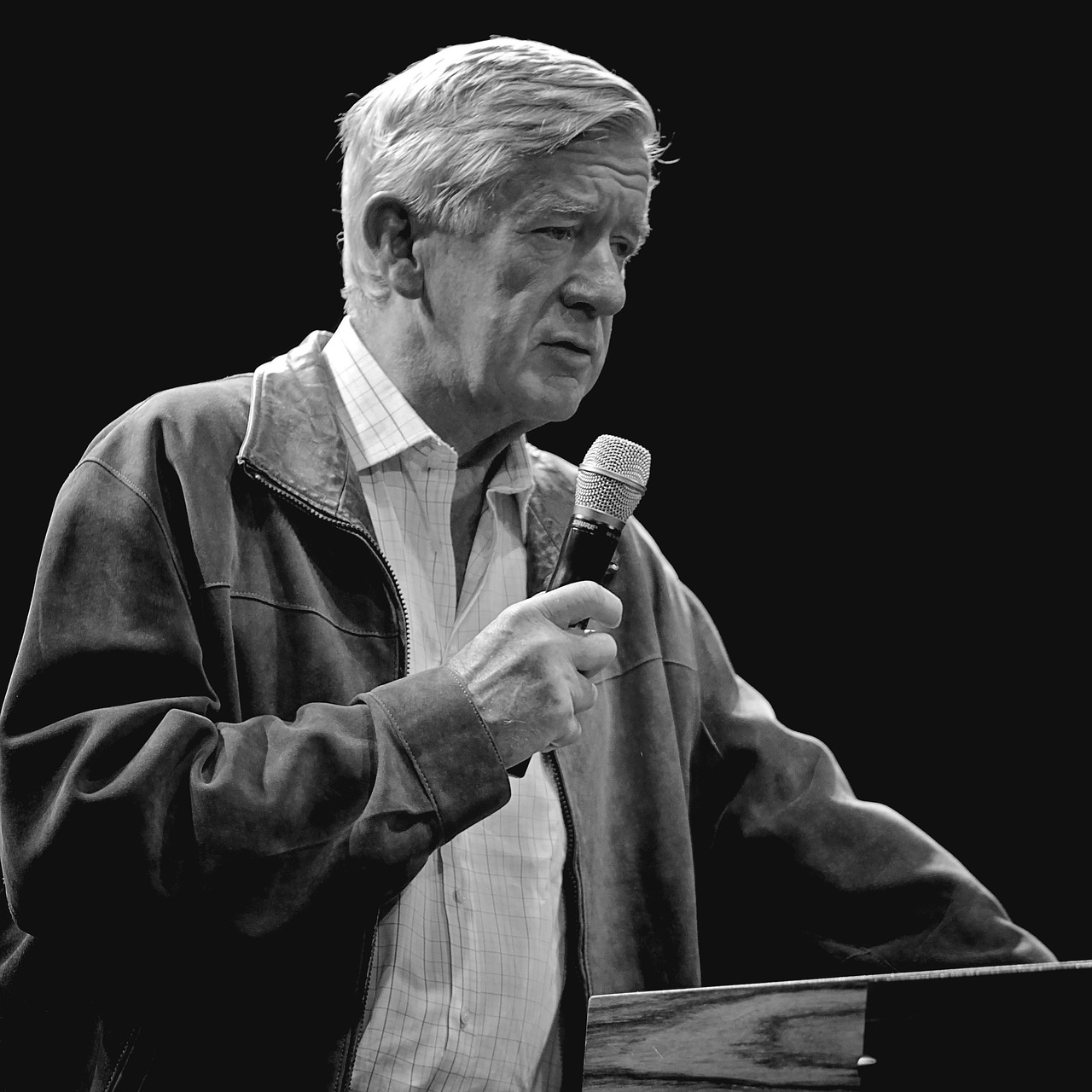
Anarchy, State, and Utopia,
This article explores Robert Nozick's influential contributions to libertarian thought and his philosophical insights regarding the nature of consciousness, self, and personal identity.
Nozick's libertarianism emphasizes individual rights and minimal state intervention. This section outlines his key principles and how they contrast with alternative political philosophies, providing a foundation for understanding his broader philosophical impact.
An examination of Nozick's major publications, including Anarchy, State, and Utopia, which presents his arguments for a minimal state and critiques of redistributive justice, highlighting their significance in political philosophy.
In his groundbreaking work, Anarchy, State, and Utopia, Nozick lays down the foundation of his libertarian philosophy. He argues that a minimal state, one that exists solely to protect individual rights, is not only justifiable but necessary for a free society. Nozick's vision contrasts sharply with more extensive state interventions that aim to redistribute wealth or enforce social justice. He posits that individuals have the right to make choices about their lives, including the right to acquire and exchange property freely.
Nozick introduces the idea that the state should only be involved in protecting citizens from force, theft, and fraud. Beyond that, any intervention would infringe upon individual liberties. He famously states that "taxation of earnings is on a par with forced labor," highlighting his strong aversion to redistributive policies. This perspective invites readers to reflect on the moral implications of state power and its role in personal freedom.
One of the pivotal aspects of Nozick's argument is his critique of John Rawls' theory of justice. Rawls advocates for a system that ensures fairness and equality through redistribution, which Nozick vehemently opposes. He argues that Rawls' principles would necessitate violating the rights of individuals who have acquired wealth through legitimate means. In essence, Nozick believes that justice should be about respecting the process of acquisition rather than the distribution of outcomes.
This critique is significant as it not only challenges the foundations of Rawlsian justice but also invites a broader discussion on what constitutes a fair society. Nozick's position raises the question: should the state prioritize equality of outcome, or should it focus on ensuring that individuals have the freedom to pursue their own paths?
The entitlement theory proposed by Nozick forms a crucial part of his libertarian framework. It consists of three main principles:
- Justice in Acquisition: How property can be justly acquired.
- Justice in Transfer: How property can be justly transferred from one person to another.
- Rectification of Injustice: How to deal with past injustices in property distribution.
Nozick argues that as long as these principles are respected, any distribution that results from voluntary exchanges is just, regardless of its equality or inequality. This framework challenges conventional views on wealth distribution and property rights, emphasizing the importance of individual agency in economic matters.
Nozick's exploration of consciousness and the self provides insights into personal identity. This subheading discusses how his views intersect with libertarianism and the implications for understanding human agency.
The thought experiment of the experience machine illustrates Nozick's views on happiness and reality. This section explains its significance in debates about hedonism and the nature of fulfillment.
This subheading examines how Nozick's thoughts on the experience machine relate to concepts of personal identity, questioning what it means to live a meaningful life beyond mere pleasure.
Nozick's theories have faced various critiques. This section outlines significant objections to his libertarianism and philosophy of mind, along with his responses that defend his positions.
- What is Robert Nozick known for?
Nozick is primarily known for his contributions to libertarian philosophy, particularly through his influential book, Anarchy, State, and Utopia.
- How does Nozick's libertarianism differ from Rawls' theory of justice?
Nozick's libertarianism emphasizes individual rights and minimal state intervention, while Rawls advocates for redistributive justice to achieve fairness.
- What is the experience machine thought experiment?
The experience machine is a thought experiment that questions whether individuals would choose a life of pleasure devoid of real experiences over a life with genuine challenges and fulfillment.
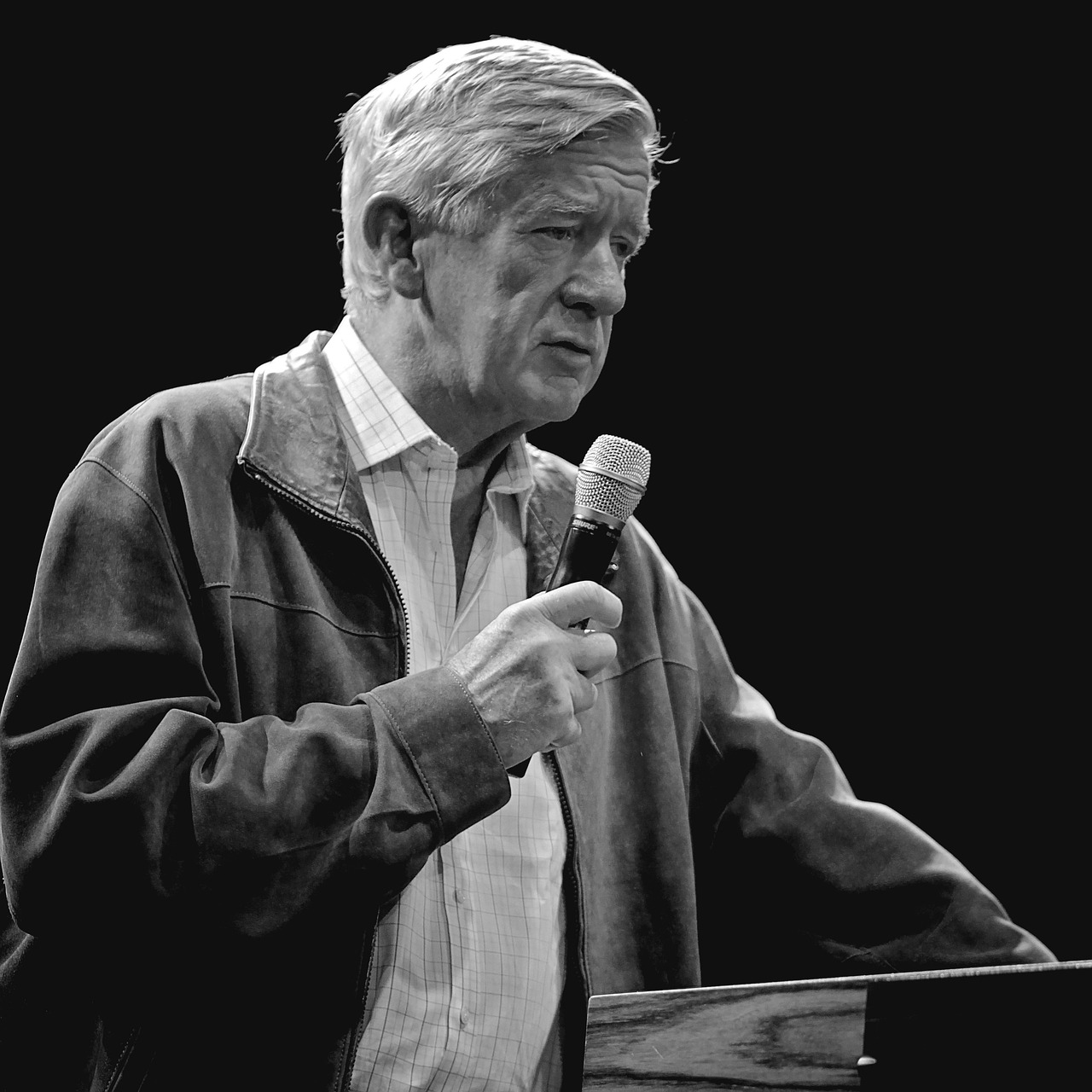
which presents his arguments for a minimal state and critiques of redistributive justice, highlighting their significance in political philosophy.
Robert Nozick's seminal work, Anarchy, State, and Utopia, is a cornerstone in the field of political philosophy, particularly in the realm of libertarian thought. In this groundbreaking book, Nozick articulates his vision of a minimal state, arguing that the only legitimate role of government is to protect individual rights, particularly those concerning life, liberty, and property. He challenges the idea of redistributive justice, which seeks to rectify inequalities through state intervention, positing that such actions violate individual rights. This critique is not just a theoretical exercise; it has profound implications for how we understand justice and the role of government in society.
Nozick's arguments for a minimal state are rooted in the belief that individuals are best equipped to make decisions about their own lives, free from coercive interference. He asserts that any form of state intervention that redistributes wealth is fundamentally unjust because it infringes upon the property rights of individuals who have earned that wealth. This perspective starkly contrasts with the views of philosophers like John Rawls, who advocate for a more equitable distribution of resources to achieve social justice. Nozick's work invites readers to consider the ethical implications of their political beliefs and the importance of personal autonomy.
Through his critiques of redistributive justice, Nozick highlights several key points:
- Individual Rights: Nozick emphasizes that rights are inherent and cannot be justly overridden by the state for the sake of achieving social goals.
- Historical Entitlement: He argues that the legitimacy of property rights is determined by how they were acquired, not by their current distribution.
- Voluntary Exchange: Nozick champions the idea that voluntary transactions are the foundation of a just society, as they respect individual agency and choice.
This framework leads to a broader discussion about the nature of justice itself. Nozick's libertarianism suggests that justice is not about achieving equality or redistributing resources but about ensuring that individuals have the freedom to pursue their own goals without unwarranted interference. His emphasis on a minimal state serves as a powerful reminder of the importance of individual liberties in a world that often prioritizes collective outcomes over personal freedoms.
In summary, Nozick's arguments for a minimal state and his critiques of redistributive justice have significantly shaped contemporary political philosophy. His work challenges us to rethink the foundations of justice and the role of government, urging a return to principles that prioritize individual rights and freedoms. This perspective not only influences academic discourse but also impacts real-world policy debates, making Nozick's contributions essential for understanding the complexities of modern political thought.
- What is the primary argument of Nozick's Anarchy, State, and Utopia?
Nozick argues for a minimal state that protects individual rights without engaging in redistributive justice. - How does Nozick's view differ from John Rawls' theory of justice?
Nozick critiques Rawls' emphasis on redistributing resources to achieve equality, advocating instead for the protection of individual property rights. - What is the significance of individual rights in Nozick's philosophy?
Nozick believes that individual rights are fundamental and should not be violated by the state for any social or economic goals.
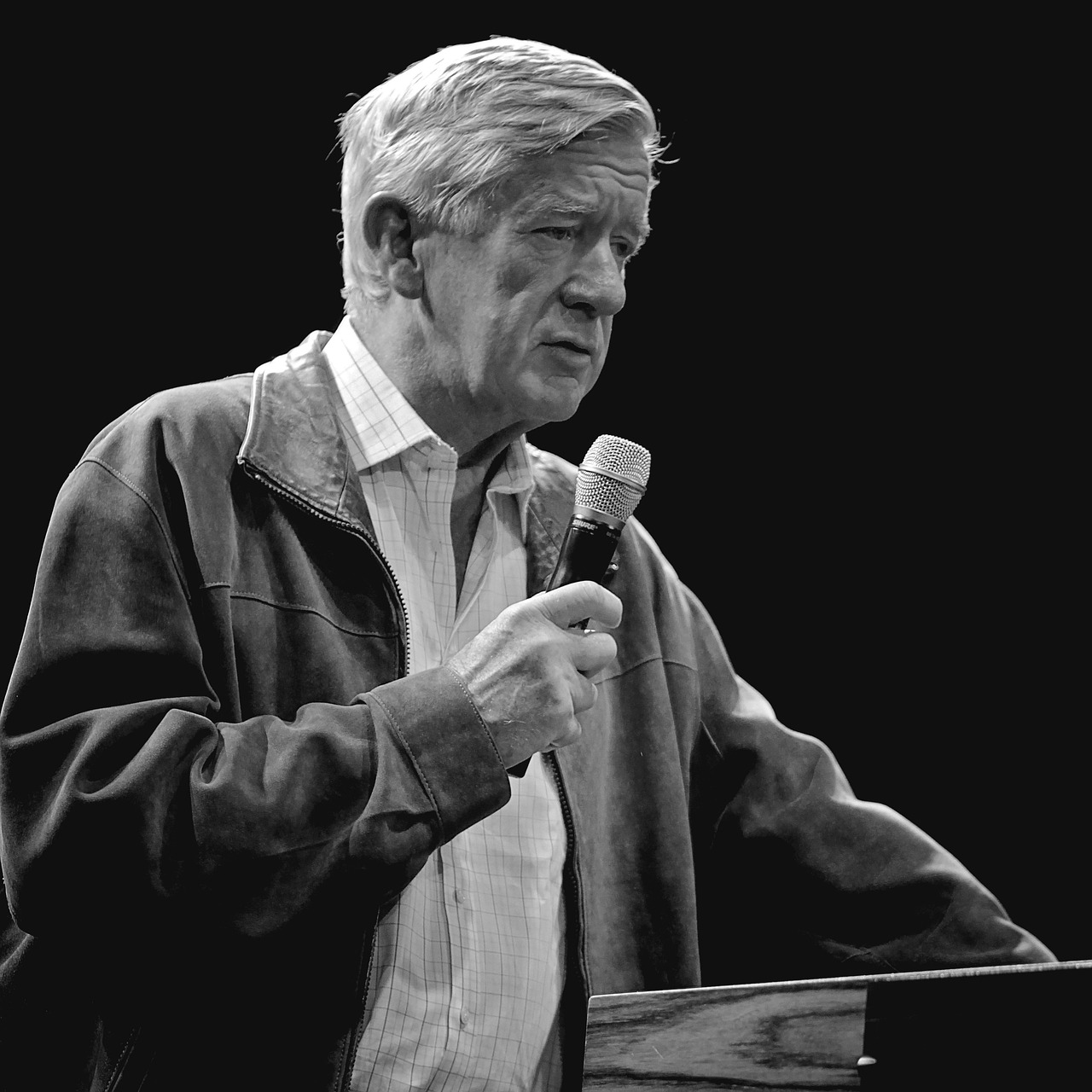
Libertarian Principles in
In his groundbreaking work, Anarchy, State, and Utopia, Robert Nozick articulates a set of principles that form the bedrock of his libertarian philosophy. At the heart of Nozick's thought is the unwavering belief in individual rights. He posits that every person possesses inherent rights to their life, liberty, and property, which cannot be infringed upon by others, including the state. This perspective is a stark contrast to more collectivist ideologies that prioritize the needs of the community over the rights of the individual. Imagine a world where your choices are dictated by a central authority; Nozick challenges this notion by advocating for a society where individuals are free to pursue their own happiness without unnecessary interference.
Nozick's vision of a minimal state is another cornerstone of his libertarian principles. He argues that the only legitimate role of government is to protect individuals' rights, primarily through the enforcement of contracts and defense against aggression. This limited scope of government is designed to prevent the encroachment of personal freedoms. To put it simply, Nozick envisions a government that acts like a referee in a game—ensuring fair play without dictating how the players should strategize or score. This idea of a minimal state not only reinforces individual autonomy but also raises critical questions about the legitimacy of state power in redistributing wealth or enforcing social justice.
One of the most compelling aspects of Nozick's libertarian philosophy is his critique of redistributive justice. He argues that any attempt to redistribute wealth is fundamentally a violation of individual rights, as it involves taking from one person to give to another. This perspective leads to the formulation of his Entitlement Theory, which posits that individuals are entitled to their holdings as long as they were acquired justly—through either original acquisition or voluntary transfer. This principle serves as a rebuttal to theories that advocate for wealth redistribution, emphasizing that justice should be about respecting individuals' rights rather than achieving equality.
Furthermore, Nozick's principles extend into the realm of moral philosophy, where he grapples with the implications of his libertarian views on personal identity and agency. He argues that individuals are not merely products of their environment but possess a unique self that is capable of making autonomous choices. This idea resonates with the libertarian ideal of self-ownership, where individuals have the right to govern their own lives, free from coercion. In this light, Nozick’s work can be seen as not just a political manifesto but also a profound exploration of what it means to be human in a society that often prioritizes the collective over the individual.
In summary, the libertarian principles laid out in Anarchy, State, and Utopia encapsulate a vision of a society where individual rights are paramount, the state is limited, and justice is defined by respect for personal autonomy. Nozick’s arguments challenge us to reconsider the role of government and the moral implications of our social structures. As we navigate the complexities of modern political discourse, his work remains a vital reference point for understanding the ongoing debates surrounding freedom, justice, and the nature of human identity.
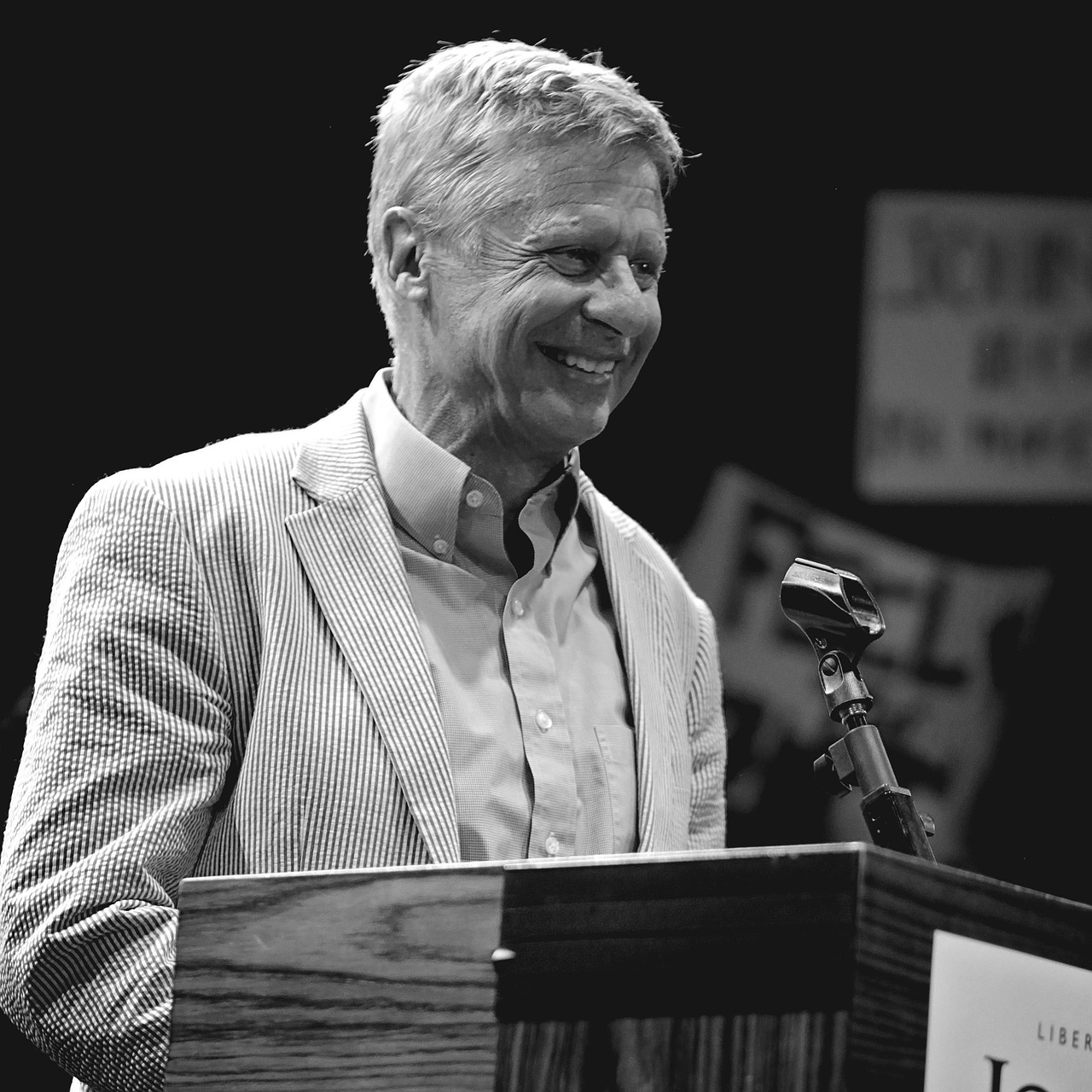
Anarchy, State, and Utopia
This article explores Robert Nozick's influential contributions to libertarian thought and his philosophical insights regarding the nature of consciousness, self, and personal identity.
Nozick's libertarianism emphasizes individual rights and minimal state intervention. This section outlines his key principles and how they contrast with alternative political philosophies, providing a foundation for understanding his broader philosophical impact.
An examination of Nozick's major publications, including , which presents his arguments for a minimal state and critiques of redistributive justice, highlighting their significance in political philosophy.
Nozick's is not just a book; it's a manifesto for individual liberty. In this seminal work, he lays out his vision for a society where the role of the state is minimized, allowing individuals the freedom to pursue their own paths. Nozick argues that a minimal state is justified solely to protect individuals' rights, and anything beyond that, such as redistributive policies, infringes upon personal freedoms. He asserts that individuals have the right to control their own lives and property, which is the cornerstone of his libertarian philosophy.
One of the most compelling aspects of Nozick's argument is his rejection of the notion that the state should redistribute wealth to achieve a more equitable society. He contends that such actions violate the rights of individuals who have legitimately acquired their wealth. This perspective contrasts sharply with other political philosophies, particularly those espoused by theorists like John Rawls, who advocate for a more active role of the state in ensuring social justice.
In his work, Nozick introduces the concept of the "night-watchman state," which is responsible only for protecting citizens from force, theft, and fraud. This minimalist approach raises several questions about the nature of justice and the role of government, prompting readers to reconsider their assumptions about state intervention. The implications of his arguments extend beyond political theory, influencing discussions about ethics, economics, and personal responsibility.
Nozick's counterarguments to John Rawls' theory of justice are pivotal in understanding his libertarian stance. This section analyzes his critique and its implications for social justice debates.
The entitlement theory proposed by Nozick is crucial to his libertarian framework. This section delves into its components and how it addresses property rights and wealth distribution.
Nozick's exploration of consciousness and the self provides insights into personal identity. This subheading discusses how his views intersect with libertarianism and the implications for understanding human agency.
The thought experiment of the experience machine illustrates Nozick's views on happiness and reality. This section explains its significance in debates about hedonism and the nature of fulfillment.
This subheading examines how Nozick's thoughts on the experience machine relate to concepts of personal identity, questioning what it means to live a meaningful life beyond mere pleasure.
Nozick's theories have faced various critiques. This section outlines significant objections to his libertarianism and philosophy of mind, along with his responses that defend his positions.
- What is the main argument in Nozick's Anarchy, State, and Utopia?
Nozick argues for a minimal state that protects individual rights without engaging in wealth redistribution, which he views as a violation of personal freedoms. - How does Nozick's view differ from Rawls' theory of justice?
Nozick criticizes Rawls for advocating state intervention to achieve social justice, arguing instead for the primacy of individual rights and voluntary exchanges. - What is the "experience machine" thought experiment?
The experience machine is a philosophical scenario posed by Nozick to challenge hedonistic views, suggesting that people value authenticity and reality over mere pleasure.
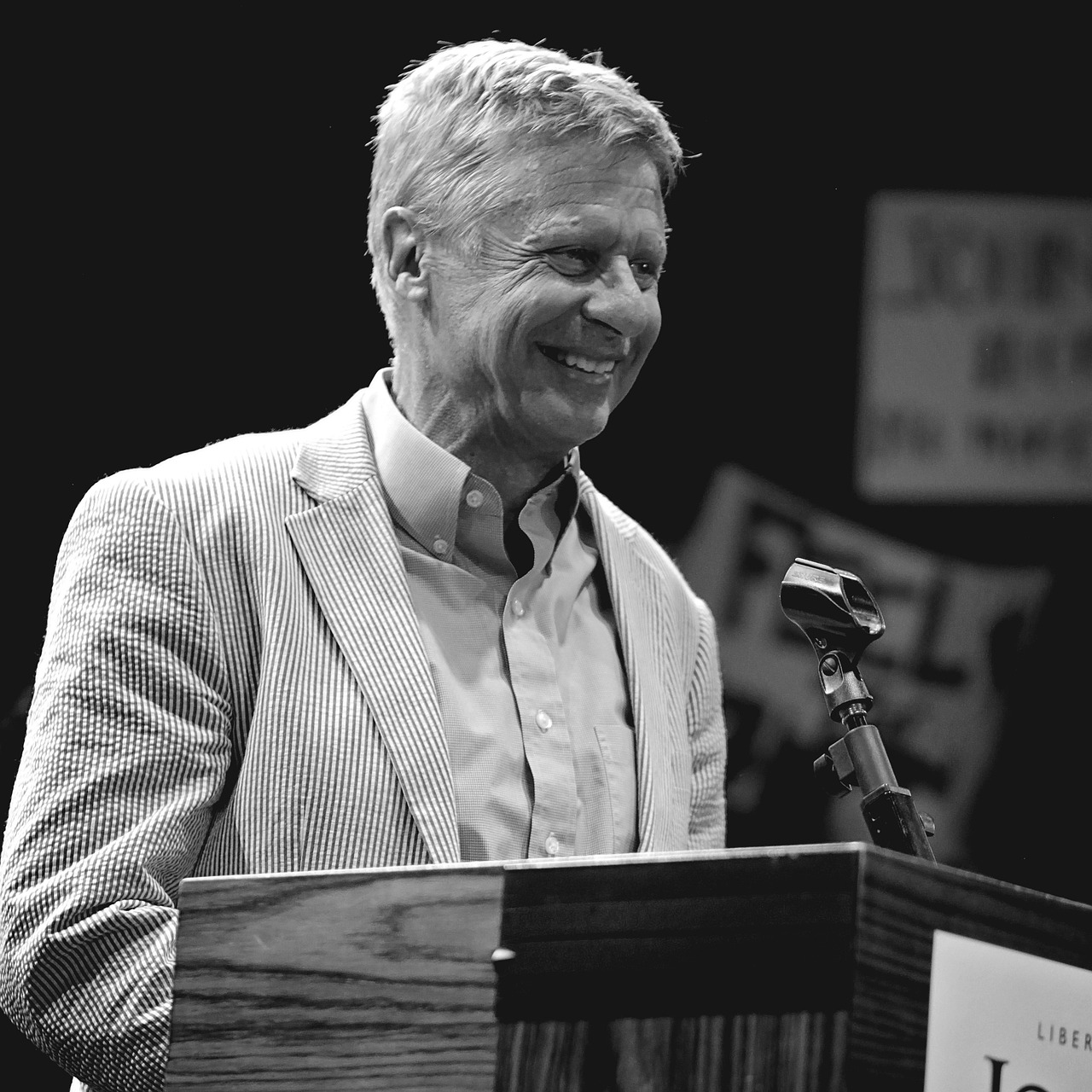
This article explores Robert Nozick's influential contributions to libertarian thought and his philosophical insights regarding the nature of consciousness, self, and personal identity.
Nozick's libertarianism emphasizes individual rights and minimal state intervention. This section outlines his key principles and how they contrast with alternative political philosophies, providing a foundation for understanding his broader philosophical impact.
An examination of Nozick's major publications, including Anarchy, State, and Utopia, which presents his arguments for a minimal state and critiques of redistributive justice, highlighting their significance in political philosophy.
This subheading discusses the core libertarian principles articulated in Nozick's seminal work, focusing on his defense of individual rights and the moral justification of a minimal state.
Nozick's counterarguments to John Rawls' theory of justice are pivotal in understanding his libertarian stance. This section analyzes his critique and its implications for social justice debates.
The entitlement theory proposed by Nozick is crucial to his libertarian framework. This section delves into its components and how it addresses property rights and wealth distribution.
Nozick's exploration of consciousness and the self provides insights into personal identity. This subheading discusses how his views intersect with libertarianism and the implications for understanding human agency.
The thought experiment of the experience machine illustrates Nozick's views on happiness and reality. This section explains its significance in debates about hedonism and the nature of fulfillment.
This subheading examines how Nozick's thoughts on the experience machine relate to concepts of personal identity, questioning what it means to live a meaningful life beyond mere pleasure.
Nozick's theories have faced various critiques. This section outlines significant objections to his libertarianism and philosophy of mind, along with his responses that defend his positions.
- What is Robert Nozick's main contribution to libertarianism?
Nozick's main contribution lies in his defense of individual rights and his argument for a minimal state, particularly articulated in his book Anarchy, State, and Utopia. - How does Nozick's entitlement theory work?
Nozick's entitlement theory posits that individuals are entitled to their holdings as long as they were acquired justly, emphasizing property rights and voluntary exchanges. - What is the experience machine thought experiment?
The experience machine is a philosophical thought experiment that questions whether people would choose to plug into a machine that provides pleasurable experiences, challenging the idea that pleasure is the ultimate goal of life. - What are the critiques of Nozick's philosophy?
Critics argue that Nozick's libertarianism overlooks social justice issues and fails to address inequalities that arise from unregulated capitalism. Nozick responds by emphasizing the importance of voluntary transactions and the moral limits of state intervention.
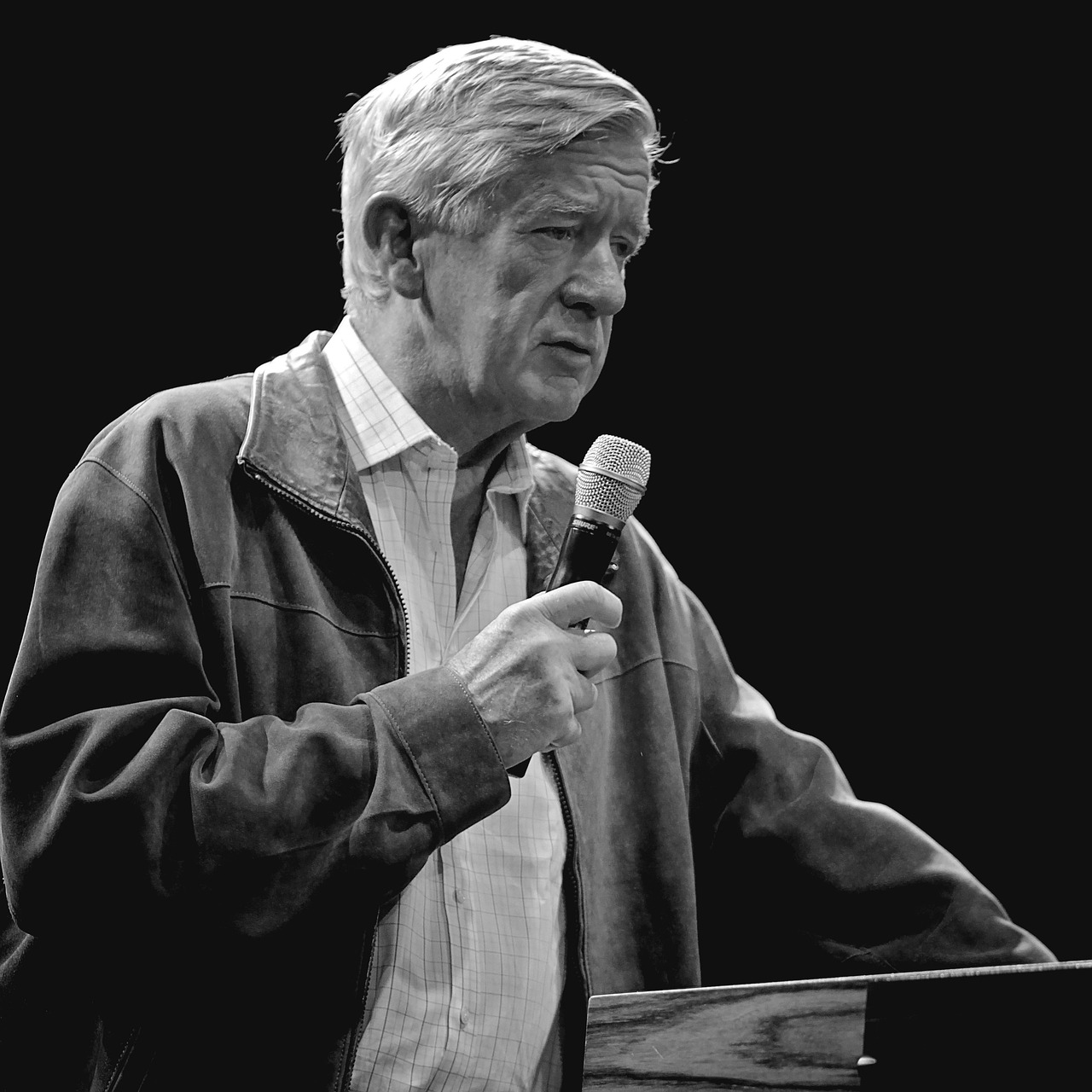
Critique of Rawlsian Justice
Robert Nozick's critique of John Rawls' theory of justice is a cornerstone of his libertarian philosophy. Nozick challenges the very foundations of Rawlsian justice, which advocates for a distributive model aimed at achieving fairness and equality. In contrast, Nozick argues that such redistribution infringes upon individual rights and the concept of self-ownership. This fundamental disagreement leads to a deeper exploration of what justice truly means in a society.
Nozick's primary contention lies in the idea that justice should be based on entitlement rather than distribution. He posits that individuals are entitled to their holdings as long as they were acquired justly, through either original acquisition or voluntary transfer. This view starkly contrasts with Rawls' principles, which suggest that social and economic inequalities should be arranged to benefit the least advantaged members of society. In Nozick's eyes, any attempt to redistribute wealth or resources is a violation of personal rights, akin to a form of theft.
To illustrate this point, Nozick presents scenarios that highlight the implications of Rawls' theory. For instance, he asks us to consider a situation where an individual, through hard work and innovation, creates a successful business. Under Rawlsian justice, society could impose taxes on this success to support those who are less fortunate. Nozick argues that this tax is unjust because it takes away the fruits of the individual's labor, effectively punishing success and rewarding mediocrity.
Furthermore, Nozick critiques the notion of a social contract that underpins Rawls' theory. He contends that individuals do not implicitly agree to a contract that allows for the redistribution of their resources. Instead, he emphasizes that each person has the right to their own life and possessions, and any coercive measures to redistribute wealth are inherently unjust. This perspective raises significant questions about the legitimacy of state intervention in personal affairs.
In essence, Nozick's critique of Rawlsian justice serves as a robust defense of individual rights and personal freedom. He challenges us to rethink the societal norms surrounding justice and equality, urging a move away from enforced redistribution towards a recognition of personal autonomy. By doing so, he not only strengthens the libertarian framework but also invites ongoing debates about the nature of justice in contemporary society.
As we delve deeper into Nozick's ideas, it becomes clear that his critique is not merely an attack on Rawls but a broader commentary on the values we hold dear in a democratic society. It forces us to ask: What does it mean to be just? Is justice about equality, or is it about respecting individual rights? These questions resonate profoundly in our ongoing discussions about social justice, making Nozick's work as relevant today as it was when first published.
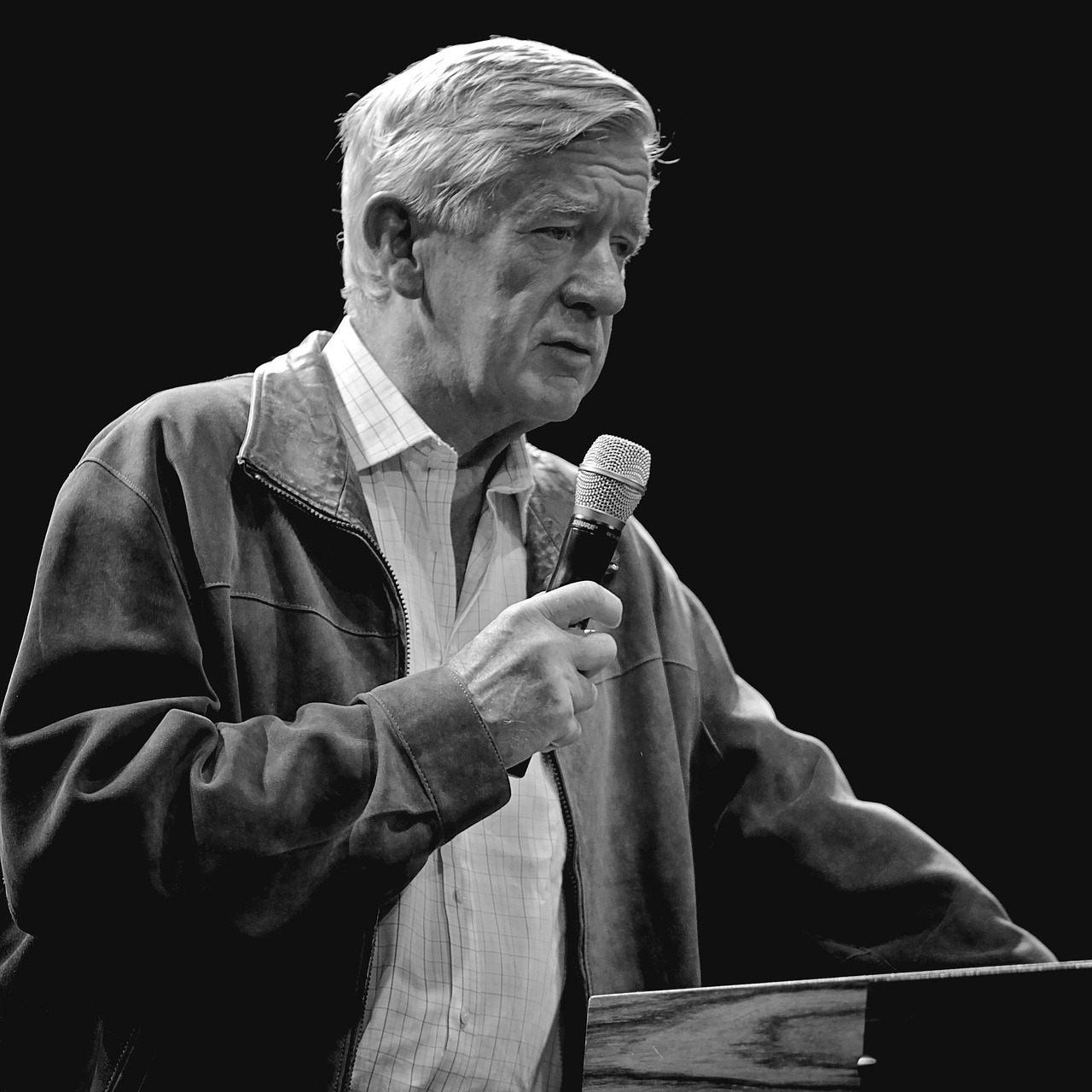
Entitlement Theory
At the heart of Robert Nozick's libertarian philosophy lies his , which serves as a robust framework for understanding property rights and the distribution of wealth. This theory is not just a dry academic concept; it resonates with our everyday experiences and intuitions about ownership and justice. Nozick argues that individuals are entitled to their holdings as long as they were acquired justly, meaning that property rights should be respected and protected. This idea challenges the conventional view of wealth redistribution often advocated in other political philosophies, particularly those that lean towards socialism or egalitarianism.
To unpack Nozick's Entitlement Theory, we can break it down into three main principles:
- Principle of Acquisition: This principle asserts that individuals can justly acquire property through their labor and effort, as long as they do not infringe on the rights of others.
- Principle of Transfer: According to this principle, property can be transferred from one individual to another through voluntary exchange, gift, or inheritance, provided that the transfer does not violate the rights of others.
- Principle of Rectification: This principle addresses injustices that may have occurred in the past, providing a framework for rectifying wrongs related to property distribution.
These principles form a cohesive structure that emphasizes the importance of individual rights and the moral legitimacy of ownership. Nozick's emphasis on just acquisition and voluntary transfer paints a picture of a society where individuals are free to pursue their interests without undue interference from the state. This is a stark contrast to theories that advocate for redistributive justice, which often rely on the premise that wealth should be distributed more equally, regardless of how it was originally acquired.
Furthermore, Nozick's theory raises critical questions about the role of the state. If individuals are entitled to their holdings, what justifies state intervention in wealth distribution? Nozick argues that any attempt to redistribute wealth would violate the rights of individuals who have justly acquired their property. This leads to a provocative conclusion: a minimal state, whose primary role is to protect individual rights, is not only justified but necessary for a just society.
In essence, Nozick's Entitlement Theory serves as a philosophical bulwark against coercive redistribution. It challenges us to reconsider our intuitions about fairness and justice in the context of ownership. By grounding his arguments in a respect for individual rights, Nozick invites us to engage in a deeper dialogue about what it means to lead a just life, both personally and socially.
As we explore the implications of Nozick's work further, it becomes clear that his ideas do not exist in a vacuum. They provoke thought and debate on the nature of justice, the role of government, and our understanding of personal responsibility. In a world where the balance between freedom and equality is constantly negotiated, Nozick's Entitlement Theory remains a significant touchstone in the ongoing discourse about the just society.

Philosophy of Mind: Consciousness and Self
Robert Nozick's exploration of the philosophy of mind dives deep into the intricate layers of consciousness and the self, raising profound questions about what it truly means to be an individual. In a world where the essence of identity is often taken for granted, Nozick challenges us to reconsider our understanding of selfhood. He posits that consciousness is not merely a stream of thoughts but a rich tapestry woven from experiences, memories, and choices that shape who we are.
At the heart of Nozick's philosophy lies the idea that our identities are not static; instead, they are dynamic and evolve over time. He argues that the self is a narrative we construct, influenced by our interactions with the world around us. This perspective aligns seamlessly with his libertarian views, emphasizing the importance of individual agency. After all, if we are the authors of our own stories, then the freedom to choose becomes paramount.
To illustrate his points, Nozick introduces thought experiments that compel us to question the nature of our consciousness. One such experiment involves imagining a scenario where individuals can experience any desired reality through an experience machine. This machine can provide unlimited pleasure and satisfaction, yet Nozick argues that most people would opt against plugging in. Why? Because, deep down, we crave authenticity and connection to the real world. This leads us to ponder: is happiness derived solely from pleasure, or is there something more substantial at play?
Moreover, Nozick’s insights into consciousness compel us to examine the implications for personal identity. If our experiences shape our sense of self, then the quest for a meaningful life extends beyond mere pleasure. It invites us to reflect on our values, relationships, and the legacies we wish to leave behind. In this context, the self becomes a complex interplay of memories, aspirations, and choices, each contributing to our unique identity.
In considering these ideas, we can draw parallels between Nozick's philosophy and various psychological theories. For instance, cognitive psychology suggests that our self-concept is influenced by both internal thoughts and external feedback. Nozick’s emphasis on agency resonates with this idea, reinforcing the notion that our identities are shaped not only by our experiences but also by how we choose to interpret them. Thus, the philosophy of mind, as articulated by Nozick, serves as a bridge connecting the realms of philosophy, psychology, and personal identity.
In summary, Nozick's exploration of consciousness and self invites us to engage in a deeper dialogue about what it means to be human. It challenges us to consider the interplay between our experiences and our identities, urging us to embrace the freedom to define ourselves in a world that often seeks to categorize us. As we navigate this complex landscape, we are reminded that our consciousness is not just a passive reflection of the world; it is an active participant in shaping our reality.
- What is Robert Nozick's main contribution to the philosophy of mind?
Nozick's main contribution lies in his exploration of consciousness and personal identity, emphasizing that our identities are dynamic and shaped by our experiences. - How does Nozick's view on consciousness relate to libertarianism?
Nozick's emphasis on individual agency in constructing our identities aligns with his libertarian ideals, highlighting the importance of personal freedom and choice. - What is the experience machine thought experiment?
The experience machine is a hypothetical scenario where individuals can plug into a machine that provides unlimited pleasure, illustrating the distinction between pleasure and a meaningful life. - Why is authenticity important in Nozick's philosophy?
Nozick argues that while pleasure is desirable, the authenticity of our experiences and connections to the real world are essential for a fulfilling life.

The Experience Machine
Imagine a world where you could plug into a machine that guarantees you the most exhilarating experiences imaginable. You could live out your wildest dreams, achieve incredible feats, and bask in unending joy. This is the essence of Robert Nozick's thought experiment known as the Experience Machine. But here's the catch: once you plug in, you lose all connection to reality. Nozick introduces this concept to challenge the idea that pleasure is the ultimate goal of life. He asks us to consider whether mere happiness, devoid of any real-world engagement, is truly fulfilling.
At first glance, the idea of the Experience Machine seems enticing. Who wouldn't want to experience a life filled with boundless pleasure and satisfaction? However, Nozick argues that most of us would choose to remain unplugged. Why? Because we value authenticity and the connections we make in the real world. The experiences we have and the relationships we build contribute to our sense of self and personal identity. To illustrate this point, consider the following aspects:
- Reality vs. Illusion: Life experiences shape who we are. Engaging with the world, facing challenges, and overcoming obstacles contribute to our growth as individuals.
- Personal Relationships: Our connections with others provide deep meaning and fulfillment that simulated experiences cannot replicate.
- Achievement and Growth: The journey of striving for goals and experiencing failures is essential for personal development.
Nozick's thought experiment raises profound questions about what it means to live a meaningful life. If we prioritize pleasure above all else, do we risk losing our sense of self? The Experience Machine forces us to confront the idea that happiness, while desirable, is not the sole measure of a life well-lived. It suggests that we might prefer a life that includes struggle, pain, and genuine connections over one that is merely pleasurable but ultimately artificial.
Moreover, the implications of the Experience Machine extend beyond individual choice. They touch on broader societal issues, such as the pursuit of happiness in political and economic contexts. If society were to prioritize hedonism over authenticity, what might that mean for our collective values? Nozick's challenge invites us to reflect on the balance between pleasure and reality in our lives and to consider how we define true fulfillment.
In essence, the Experience Machine serves as a powerful metaphor for the human condition. It prompts us to ask ourselves: are we merely seeking pleasure, or are we striving for a deeper understanding of ourselves and our place in the world? By engaging with Nozick's thought experiment, we can better appreciate the complexities of human experience and the importance of living authentically.
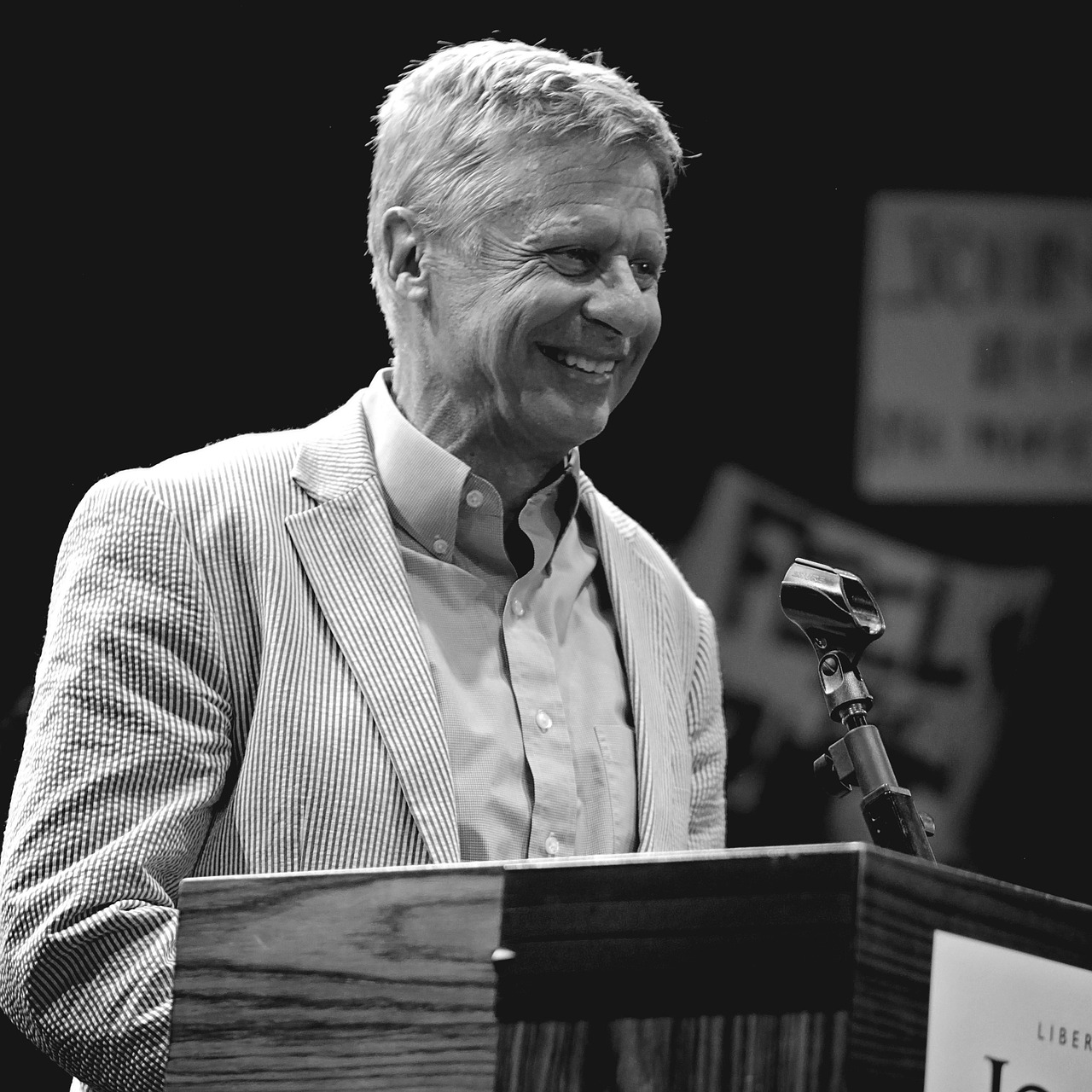
Implications for Personal Identity
When we dive into Robert Nozick's thoughts on the experience machine, we find ourselves not just pondering happiness, but also grappling with the very essence of personal identity. Imagine a machine that could provide you with any experience you desire—a virtual reality where you can live your wildest dreams without any of the real-world consequences. Sounds tempting, right? But Nozick challenges us to think deeper: if we were to plug into this machine, would we still be the same person? This question strikes at the heart of what it means to have a meaningful existence.
Nozick argues that our desire for authentic experiences is rooted in a profound understanding of ourselves. We crave not just pleasure, but also connection to reality, to others, and to our personal narratives. The experience machine serves as a metaphor for the allure of hedonism, yet it reveals our intrinsic need for authenticity in our lives. If we choose to live in a fabricated world, we risk losing touch with our true selves. This leads us to ponder: is a life filled with artificial joy truly fulfilling?
To illustrate this further, let’s break down some key implications of Nozick's perspective on personal identity:
- Authenticity vs. Artificiality: Nozick posits that our identities are shaped by our real-life experiences and choices. Plugging into an experience machine may offer temporary bliss, but it strips away the authenticity that defines us.
- Continuity of Self: Our personal identity hinges on continuity—our memories, experiences, and relationships. The experience machine disrupts this continuity, making it difficult to assert that we are the same person after indulging in fabricated experiences.
- Agency and Choice: A significant aspect of personal identity is the ability to make choices. If those choices are made within a simulated reality, do they hold the same weight? Nozick urges us to consider the importance of agency in defining who we are.
These implications force us to reconsider the nature of happiness and fulfillment. Can we genuinely claim to live a meaningful life if we prioritize pleasure over authenticity? Nozick’s challenge resonates with those of us who seek depth in our experiences. It invites us to reflect on the choices we make and how they shape our identities. The experience machine, while a fascinating thought experiment, ultimately underscores the importance of engaging with the world around us and embracing the complexities of our existence.
In essence, Nozick's exploration of personal identity through the lens of the experience machine not only challenges our understanding of happiness but also compels us to confront the very nature of who we are. It raises the fundamental question: is a life devoid of authenticity truly worth living? This inquiry is not just philosophical; it is deeply personal and relevant to each of us as we navigate our own lives.
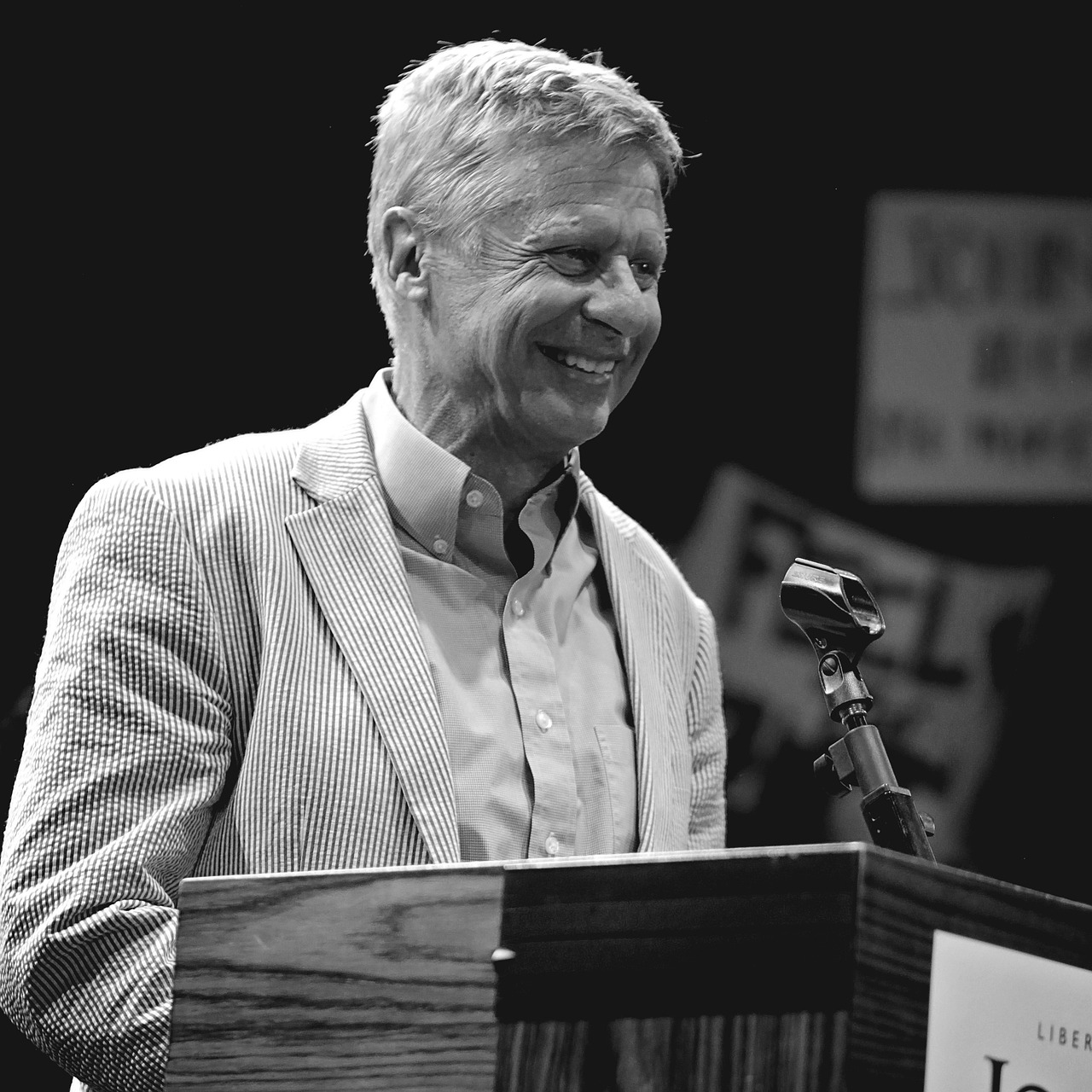
Critiques and Responses
Robert Nozick's philosophical contributions, particularly his libertarian views and theories of consciousness, have not gone unchallenged. Critics argue that his minimal state advocacy overlooks the complexities of social justice and the need for a more equitable distribution of resources. For example, opponents of Nozick's entitlement theory state that it fails to account for historical injustices that have led to unequal property distributions. They argue that a society built solely on individual rights, as Nozick suggests, can perpetuate systemic inequalities, leaving marginalized groups without support or recourse.
Moreover, some critics point out that Nozick's rejection of redistributive justice lacks a compelling moral foundation. They assert that while individual rights are important, they should not come at the expense of collective welfare. This brings us to the heart of the debate: Can a society that prioritizes individual freedom truly thrive if it neglects the needs of its most vulnerable members? Nozick's staunch defense of the minimal state raises questions about the balance between liberty and equality, a tension that remains at the forefront of political philosophy.
In response to these critiques, Nozick maintained that his framework does not inherently reject social welfare programs; rather, it argues against coercive redistribution. He believed that voluntary charity and mutual aid can address social inequalities without infringing on individual rights. For Nozick, the morality of a society lies in its respect for personal autonomy and the voluntary choices of its members. This perspective invites us to consider whether true justice can be achieved through voluntary means or if some form of enforced equity is necessary.
Another significant critique arises from Nozick's thought experiment known as the "experience machine." Critics argue that while it effectively challenges hedonism by illustrating the importance of reality over mere pleasure, it may oversimplify the complex nature of fulfillment and happiness. Some philosophers contend that living a meaningful life can encompass both authentic experiences and pleasurable moments. They question whether Nozick's dismissal of hedonism adequately captures the diverse ways individuals pursue happiness.
In his defense, Nozick argues that the experience machine serves as a powerful illustration of our intrinsic desire for authentic experiences. He posits that simply feeling pleasure is not enough; we crave a connection to reality and a sense of achievement. This distinction is crucial in understanding his views on personal identity and the nature of consciousness. Nozick's emphasis on the importance of genuine experiences invites us to reflect on what it means to lead a fulfilling life beyond the pursuit of mere pleasure.
Ultimately, the critiques of Nozick's work reveal the dynamic nature of philosophical discourse. They challenge us to think critically about the implications of libertarianism and the philosophy of mind. While Nozick's ideas have sparked significant debate, they also encourage ongoing exploration of the relationship between individual rights, social justice, and the quest for meaning in our lives. Engaging with these critiques not only enriches our understanding of Nozick's philosophy but also deepens our appreciation for the complexities of human existence.
- What is Robert Nozick known for? Nozick is primarily known for his work in political philosophy, particularly his book Anarchy, State, and Utopia, where he defends libertarianism and critiques redistributive justice.
- How does Nozick's entitlement theory work? Nozick's entitlement theory posits that individuals are entitled to their holdings as long as they were acquired justly, emphasizing property rights and voluntary transactions.
- What is the experience machine thought experiment? The experience machine is a hypothetical scenario proposed by Nozick to illustrate that people value reality and authentic experiences over mere pleasure, challenging hedonistic views of happiness.
- What are the main critiques of Nozick's libertarianism? Critics argue that his views neglect social justice and the need for equitable resource distribution, and they question the moral implications of a strictly individual rights-based society.
- How does Nozick respond to critiques of his theories? Nozick defends his positions by arguing for the importance of voluntary charity and the moral foundation of individual rights, asserting that coercive redistribution undermines personal autonomy.
Frequently Asked Questions
- What is Robert Nozick's main contribution to libertarianism?
Nozick's primary contribution to libertarianism is his defense of individual rights and the concept of a minimal state. In his book Anarchy, State, and Utopia, he argues against redistributive justice and emphasizes the importance of personal freedom and property rights, positioning his ideas as a counterpoint to more collectivist philosophies.
- How does Nozick's Entitlement Theory work?
Nozick's Entitlement Theory outlines how individuals acquire property rights through just acquisition, transfer, and rectification of past injustices. According to this theory, as long as property is acquired and transferred fairly, any resulting inequalities are justified, making it a foundational aspect of his libertarian framework.
- What is the Experience Machine, and what does it illustrate?
The Experience Machine is a thought experiment proposed by Nozick to challenge hedonism. It asks whether individuals would choose to plug into a machine that provides pleasurable experiences at the cost of reality. Nozick argues that people value authenticity and real-life experiences, suggesting that a fulfilling life encompasses more than just pleasure.
- How does Nozick critique John Rawls' theory of justice?
Nozick critiques Rawls' theory by arguing that any attempt to redistribute wealth infringes on individual rights. He believes that justice should focus on the legitimacy of property acquisition rather than the distribution of resources, emphasizing that a just society respects the choices and rights of individuals.
- What implications does Nozick's philosophy of mind have for personal identity?
Nozick's exploration of consciousness and self raises questions about what constitutes personal identity. He argues that our identities are tied to our experiences and choices, suggesting that a meaningful life goes beyond mere pleasure and encompasses authenticity and agency.
- What are some common critiques of Nozick's libertarianism?
Critics argue that Nozick's libertarianism may lead to significant social inequalities and fail to address systemic injustices. Others question the practicality of a minimal state and whether it can adequately provide for the needs of all citizens. Nozick responds by emphasizing the importance of individual rights and the potential for voluntary cooperation in a free society.






